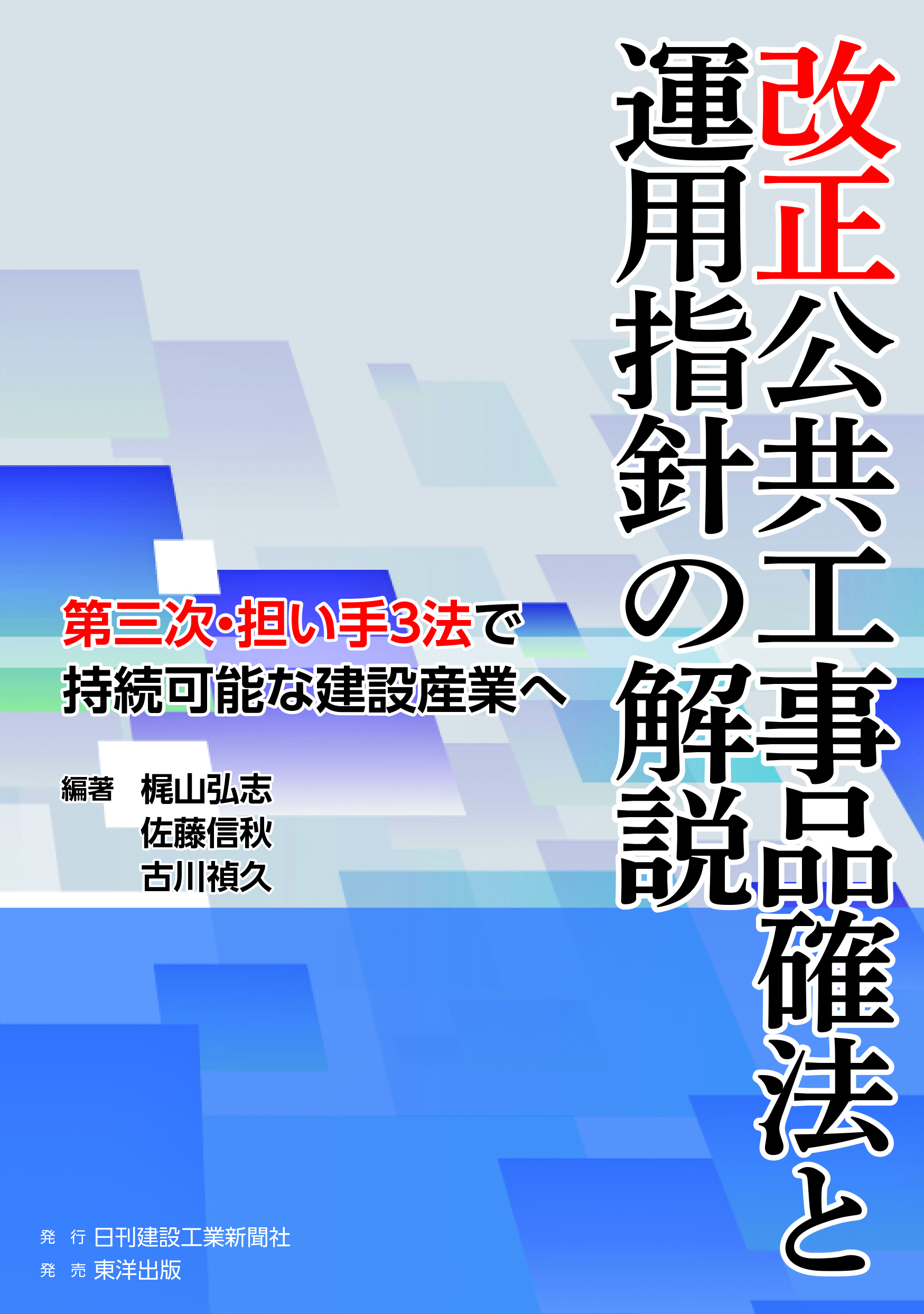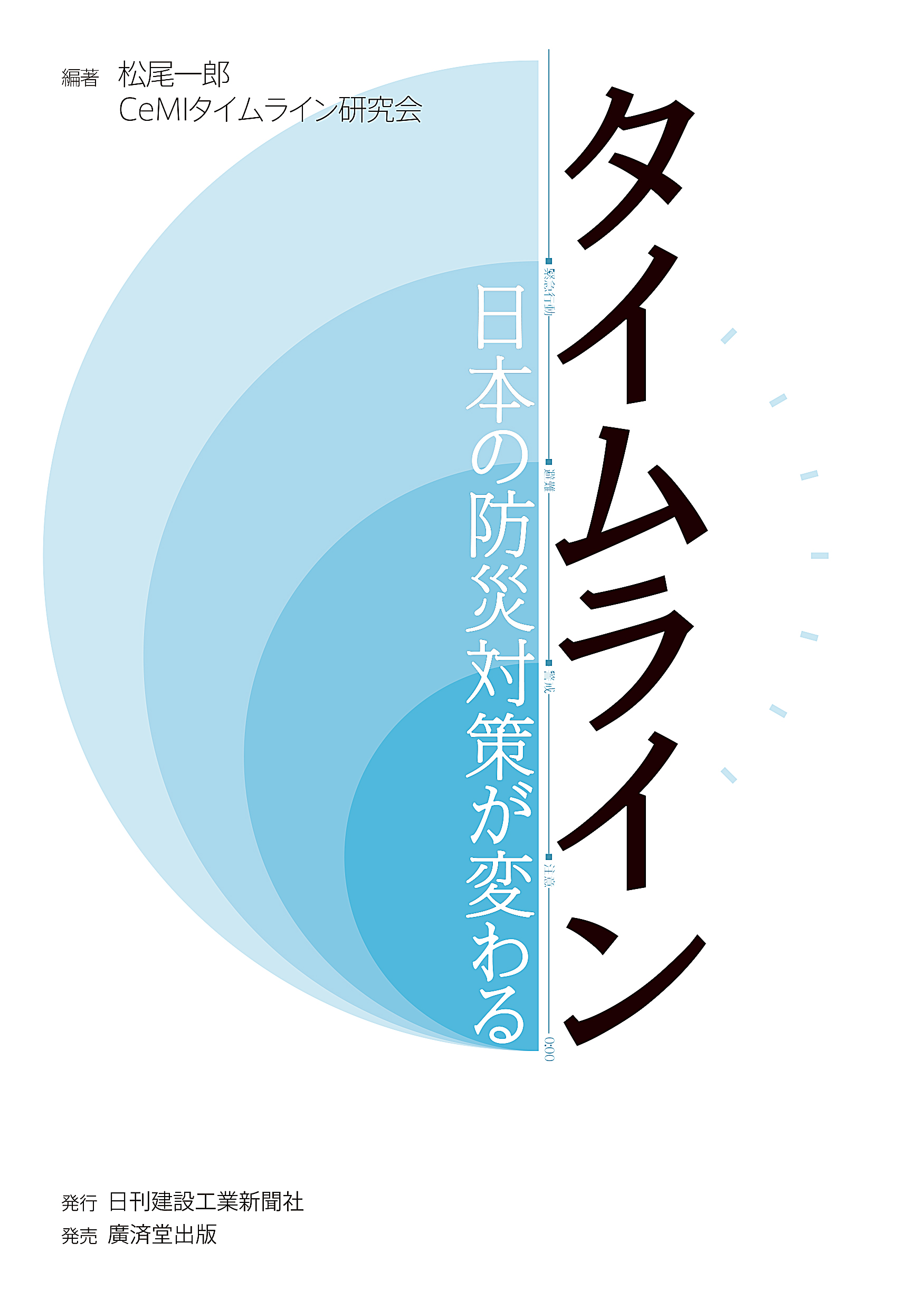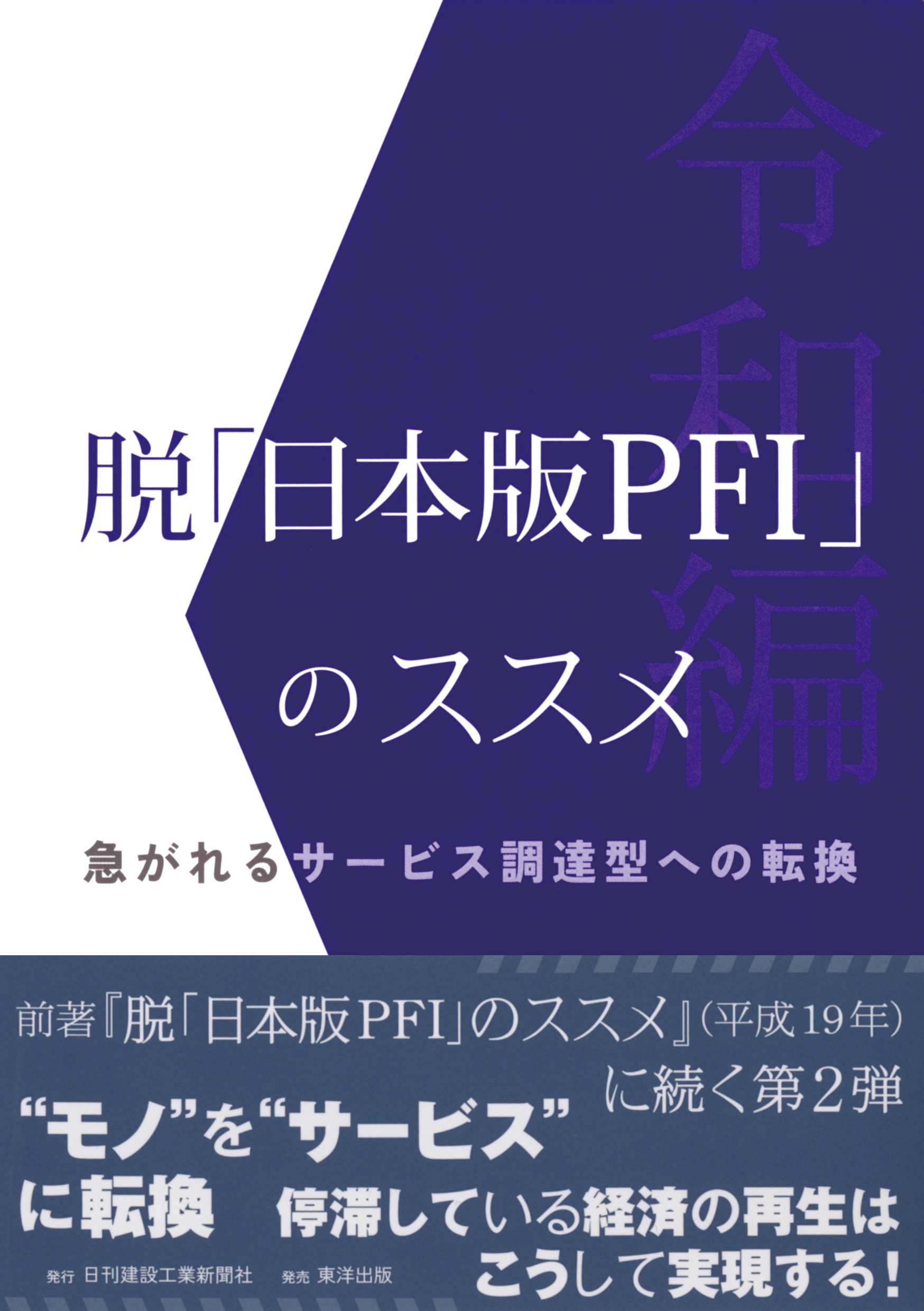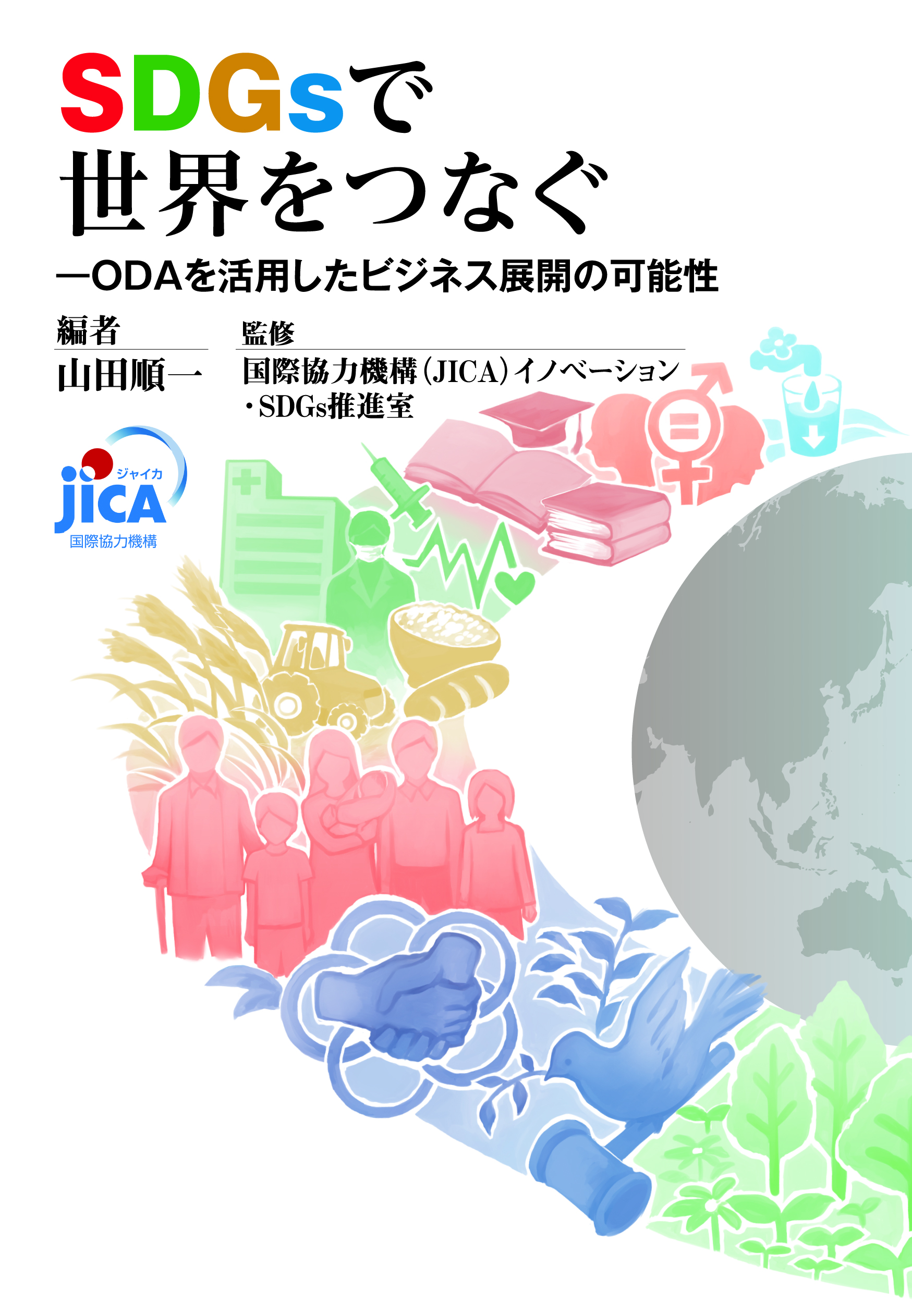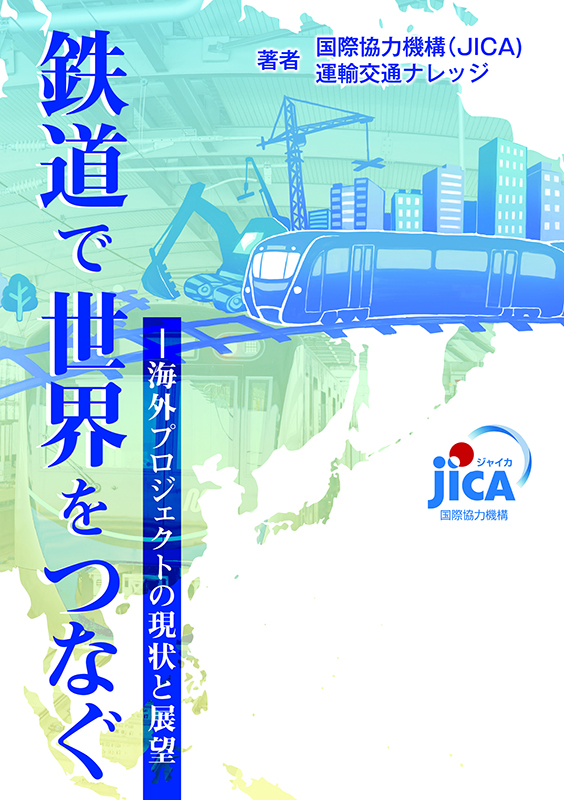The Japanese government announced on December 24th a new strategy aimed at expanding the global reach of its infrastructure systems. With the global infrastructure market projected to grow significantly, the government has set an ambitious target for infrastructure-related orders, aiming to reach ¥45 trillion by 2030, up from the current goal of ¥34 trillion for 2025. This initiative seeks to enhance public-private collaboration, leverage both public and private funding, and present attractive project proposals to partner countries. The strategy emphasizes top-level sales efforts by the Prime Minister and other leaders, the formation of projects through Public-Private Partnerships (PPPs) from early stages, the promotion of transit-oriented urban development, and the expansion of disaster prevention businesses abroad.
The Economic Cooperation Infrastructure Strategy Council, chaired by Chief Cabinet Secretary Yoshimasa Hayashi, approved the "Infrastructure System Overseas Promotion Strategy 2030" as the successor to the 2020 "Strategy 2025." The global infrastructure market, valued at ¥810 trillion in 2025, is expected to grow to ¥1,084 trillion by 2030. The new strategy aims to capture this growth for Japanese companies, with senior government officials stating, "Our goal is for Japanese firms to seize the growth opportunities in this expanding market."
As Japanese companies increasingly look to overseas markets, the strategy acknowledges the growing complexity of risks and demands. The rise of emerging market competitors threatens Japan's competitive edge, and some partner countries remain cautious due to concerns over debt. While demand for civil engineering infrastructure persists, traditional "one-off" sales models are becoming less viable. With examples of price competition challenges mounting, the government plans to offer proposals combining tangible infrastructure with intangible value, such as services, while encouraging the inflow of private capital, including from partner countries. Enhanced involvement in standardization and rule-making is also a key element of the strategy.
The strategy sets an annual target of over 250 top-level sales efforts by the Prime Minister and other leaders, surpassing the goals of Strategy 2025. The targets for project formation support and continuous involvement in PPP projects remain at 55 cases and 70 cases annually, respectively, as outlined in the previous strategy.
Specific initiatives focus on keywords such as "enhancing earning potential," "strengthening international competitiveness," "economic security," "safeguarding national interests," and advancing "GX (Green Transformation) and DX (Digital Transformation)." The strategy also prioritizes "offer-based cooperation," where public institutions and companies jointly address the challenges faced by partner countries. Efforts include supporting surveys and pilot projects for smart cities, transit-oriented urban development, and integrated urban development projects, alongside proposals for infrastructure and services. (2024/12/25)









